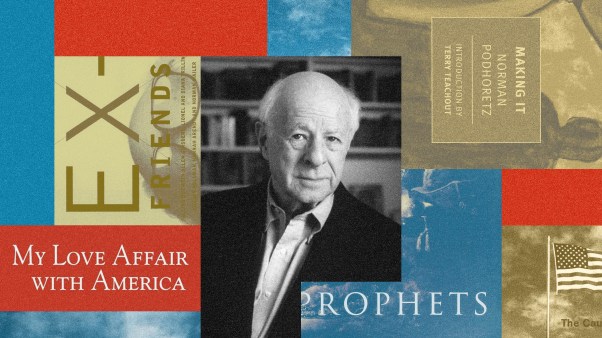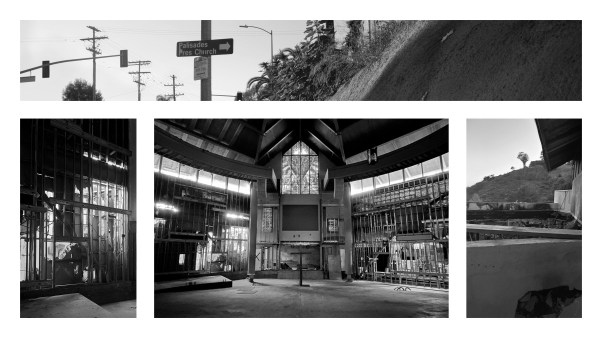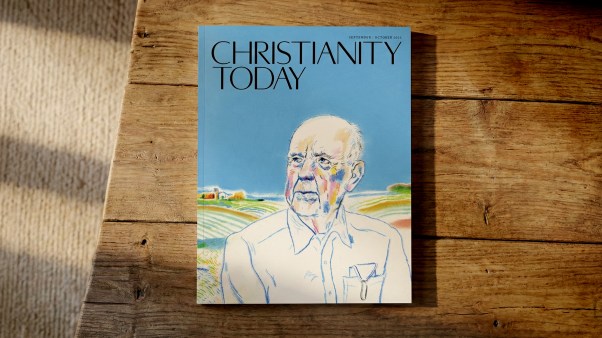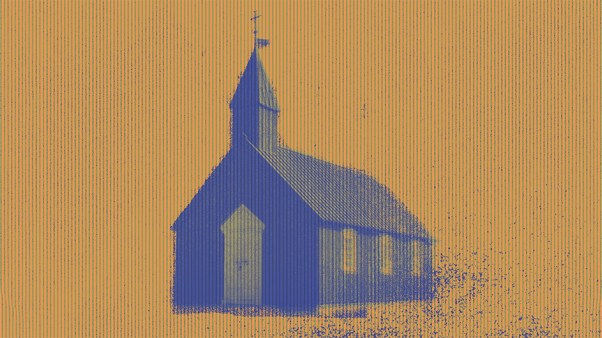The Catholic Commission for Justice and Peace (CCJP), a leading Catholic agency here, has stated that the government should not interfere with the independence of the judiciary. Tarcicius Zimbiti, CCJP director, said: “We have noted with dismay that pressure is put on Supreme Court judges to resign from their positions for racist reasons. This is unacceptable.”
The Baptist Union of Zimbabwe has also issued a plea to the government, declaring: “Knowing that we are all accountable to God, who sovereignly put them into power (Roman 13:1-2), the Baptist Union of Zimbabwe calls upon the government to refrain from and oppose all political intimidations, to re-establish the rule of law, uphold the independence of the judiciary, its integrity and impartiality … “
The government of Robert Mugabe accuses many of the nation’s judges of holding a “Rhodesia mentality”—a reference to the system of white rule that ended in 1980. “We must begin to exorcise from all our institutions the racist ghost of [former premier] Ian Smith and we do so by phasing out his disciples and sympathizers,” said Zimbabwe’s justice minister, Patrick Chinamasa.
But many within Zimbabwe and abroad have strongly disagreed, and have issued statements vigorously defending the judiciary. On January 25, the U.N. Special Reporter on the Independence of Judges and Lawyers, Dato Param Cumaraswamy issued, a public statement drawing the Mugabe government’s attention to Principle 2 of the U.N. Basic Principles on the Independence of the Judiciary which obliges the judiciary to conduct their professional duties “without restrictions, improper influences, inducements, pressures, threats or interference, direct or indirect, from any quarter for any reason.” The International Commission of Jurists, in Geneva, endorsed the Special Rapporteur’s warning.
Zimbabwe’s Supreme Court, which has been under particular pressure from the Mugabe government in recent weeks, comprises Chief Justice Gubbay and Justice Nicholas McNally (both white), Justice Ahmed Ibrahim (of Asian descent), and Justices Simbarashe Muchechetere and Wilson Sandura (both black).
The government has also been critical of white High Court judges David Bartlett, Fergus Blackie, George Smith, and Michael Gillespie, and of Mahomed Adam, who is of Asian origin.
The government has specifically accused the Supreme Court of sympathizing with white farmers who are challenging President Mugabe’s land reform program to hand over white-owned land to black Zimbabweans. The government is also angry at recent court rulings which Mugabe’s supporters claim favor the opposition Movement for Democratic Change (MDC), the first political party to pose a serious threat to the 21-year rule of Mugabe’s Zanu PF. Chinamasa has applied pressure on Justices Gubbay, McNally and Ibrahim to make them quit. At the same time veterans of Zimbabwe’s liberation struggle have issued threats against the white and Asian judges.
Justices McNally and Ibrahim have refused to resign. However, after months of pressure and vilification, 68-year-old Justice Gubbay agreed early this month to take immediate leave and formally retire on June 30. He was officially due to step down in April next year.
Justice Gubbay earlier fell foul of the government when he handed down judgments upholding the rule of law. In a landmark ruling, he condemned the violence and farm invasions by war veterans who forcibly occupied more than 1,700 commercial farms last year. “Wicked things have been done, and continue to be done,” the judge declared. “The activities of the past nine months must be condemned.”
Zimbiti was highly critical of the harassment of the judges. “Justice Gubbay and Justice Ibrahim have served this country well,” he said. “We are particularly concerned about Justice Nicholas McNally, an upright man who has never compromised with racism. During the colonial era he defended in court Catholic priests and others who were threatened with the death penalty for ‘not reporting terrorists’.”
As a result, Zimbiti said, an unjust law was then abolished.
Many people linked to human rights organizations and the MDC have accused most of the churches of being unwilling to criticize the government. A recent cartoon in a local daily newspaper portrayed the church licking the government’s dirty boots.
But Densen Mafinyane, general secretary of the Zimbabwe Council of Churches (ZCC), which represents Zimbabwean mainstream Protestants, told ENI: “The church has always spoken [out], since the Lancaster House conference which brought independence to Zimbabwe in 1980, until now. The problem is that some people want the church to speak without the relevant facts.”
Of the present difficulties, Mafinyane said that as the judiciary had been appointed by the executive, the two arms should be able to interact amicably. “As churches, we believe in reconciliation,” said Mafinyane. “The politicians are shocked by the [court] judgments. But at the same time, the judges tell the politicians that ‘we are only interpreting your own laws’.
“The executive and the judiciary have to resolve these problems by communicating amicably. What we are seeing now does not benefit anyone.”
Andrew Wutawunashe, a spokesman for the Heads of Denominations in Zimbabwe, which holds regular meetings of church leaders, told ENI: “A judge feels he has to enforce the law, but the law he is to enforce no longer represents the current political system. So the solution lies in changing the constitution.
“As churches we are in the process of arranging a meeting between the government and farmers so that they all get out of the courts.”
Early this month, the Zimbabwe Presbytery of the Uniting Presbyterian Church in Southern Africa, issued a statement agreeing that Zimbabwe needed land reform, but criticizing “the ‘fast-track’ program as being implemented by government.” The presbytery also urged “the government to publicly affirm and uphold the rule of law in Zimbabwe, and cease from its political attack on the Zimbabwean judiciary.”
British parliamentarian Francis Maude, who recently visited Harare, has called for the suspension of Zimbabwe’s membership of the Commonwealth. “Suspending Zimbabwe from the Commonwealth would be the clearest way for its neighbors to show their condemnation of a regime whose reputation is infecting all of southern Africa,” Maude states in a letter to the Guardian newspaper, London, published on 15 March. “To maintain that an African dictator should be judged by lower standards than we apply to ourselves is to condemn Zimbabweans to a worse life than they want for themselves.” Maude was referring to calls for a “softly-softly” approach to the Mugabe government.
Copyright © 2001 ENI.
Related Elsewhere
See today’s related story, “Clergyman Forced to Leave Zimbabwe After Criticizing Mugabe Government | Authorities revoke work permit of Presbyterian missionary who accused the government being involved in killings.”The U.S. State Department’s Human Rights Report says the Zimbabwe government’s “poor human rights record worsened significantly during the year [2000], and it committed serious abuses.” The report details many of those abuses.








